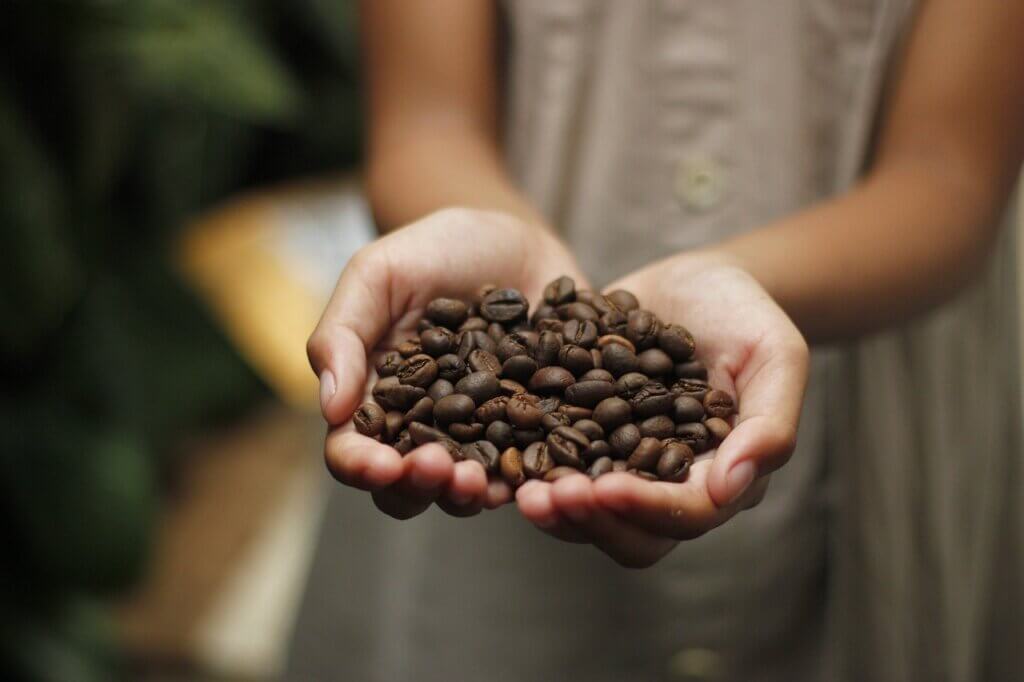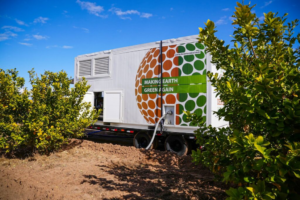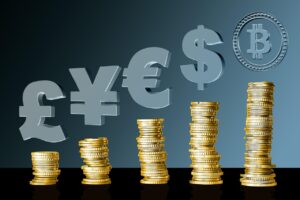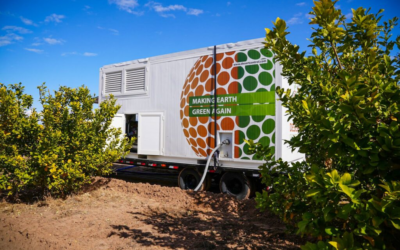Fair trade coffee gets new awards
As of August 1, there are new, higher price minimums for Fairtrade certified coffee. However, in the US, the price of Fair Trade USA certified coffee remains unchanged despite new prices for Fair Trade coffee. To give this discrepancy some perspective, it is important to go back to 2011.
2011 price review
In 2011, Fairtrade International significantly increased the guaranteed price for certified coffee, after some minor price adjustments in 2007 and 2008.
The minimum price for Washed Arabica increased by 12 percent, from USD 1.25 to USD 1.40 per pound. For Fairtrade-certified coffee that was also organically certified, also known as Fairtrade Organic, or “FTO,” the guaranteed contract price rose 23 percent, from $1.55 to $1.90, which included the Fairtrade premium of 20 cents and the organic differential of 30 cents.
That 2011 change was the result of an analysis of rising costs and consultations with more than 180 buyers, producer organizations and national Fairtrade initiatives from 35 countries, according to the organization.
At the time, a number of coffee buyers and related organizations, including the separate nonprofit agency Fair Trade USA, expressed concern that the new price was too high and would negatively impact sales.
The reality was that Fairtrade coffee sales increased by 12 percent in 2011 and doubled between 2011 and 2022 to 3.8 million bags, according to the group’s published annual reports.
Price review 2023
It took more than 12 years for the price of Fairtrade coffee to be reviewed again. This time, the coffee industry had experienced rising costs from seed to cup and rising inflation due to the COVID-19 pandemic, the war in Ukraine, the global energy market and other macroeconomic factors.
Again, Fairtrade launched a cost analysis and consultation involving more than 540 buyers, producer organizations and national Fairtrade initiatives from 40 countries.
Following this review, Fairtrade International announced that as of August 2023, the minimum price for Washed Arabica would increase by 29 percent from $1.40 to $1.80 per pound, and the minimum price for FTO would increase by 26 percent from $1.90 to $2.40, including premiums.
Meanwhile, the minimum price for Robusta was adjusted for the first time since 1988, when the Fairtrade label was launched in the Netherlands. In those years, the gap between Arabica and Robusta was very small due to the oversupply of Arabica and the ICO price regulation (which was shortly thereafter suspended, in July 1989).
Once again, last month Fair Trade USA warned that the new price is too high and could negatively impact sales. This conclusion was based on their own consultations, which involved more than 500 buyers and nearly 400 producer organizations, according to the US-based organization. More than 60% of importers, roasters and retailers advised the group against increasing the price.
Based on this consultation, Fair Trade USA ultimately chose not to increase the minimum price and to maintain the guaranteed price of $1.40 for Washed Arabica and $1.90 for FTO until at least the end of 2023.
It is clear that Fair Trade USA is driven by the views of coffee buyers while largely ignoring the views of producers, even when costs are clearly rising for producers. Under these circumstances, it is reasonable to argue that the price paid for coffee in the Fair Trade USA market is not actually a fair price.
Big Mac Index
To add some context to these price points, cumulative inflation in the US between 2011 and June 2023 amounted to 35%. Corrected to reflect this inflation, the FTO price of $1.90 in 2011 would now be worth only $1.41, which for many farmers is well below the cost of production.
As expected, the cumulative inflation from 2011-2022 in producing countries was often even higher. For five of the top producers of Fairtrade certified coffee, inflation during that period ranged from 43% in Peru to 79% in Brazil.
To give these prices even more perspective, consider the Big Mac Index, a consumer spending index maintained by The Economist since 1986 and based on the theory of purchasing power parity (PPP). According to the index’s creators, the light-hearted but informative tool follows “the notion that in the long run, exchange rates should move towards the rate that would equalize the prices of an identical basket of goods and services (in this case a hamburger) in any two countries.”
The burger index increased by 27% in the US, from USD 4.07 in 2011 to USD 5.15 in 2022. In the euro area, it rose 39%, from USD 3.44 to USD 4.77.
This is very much in line with the price increase decided by Fairtrade International and requested by the vast majority of producers. In addition, the price of hamburgers is increasing year on year, while the price of Fairtrade coffee is increasing for the first time in 12 years, meaning that producers have had to bear the increased costs during that time.
Although past market performance is not an indicator of future success, simple tools such as the Big Mac Index and market growth after the 2011 price increase suggest that raising prices will not necessarily reduce demand.
Conversely, no formal studies in the coffee industry have provided evidence to suggest that sales will decrease with increased minimum requirements.
About the Viking
With Viking’s signals, you have a good chance of finding the winners and selling in time. There are many securities. With Viking’s autopilots or tables, you can sort out the most interesting ETFs, stocks, options, warrants, funds, and so on.
Click here to see what Vikingen offers: Detailed comparison – Stock market program for those who want to become even richer (vikingen.se)













